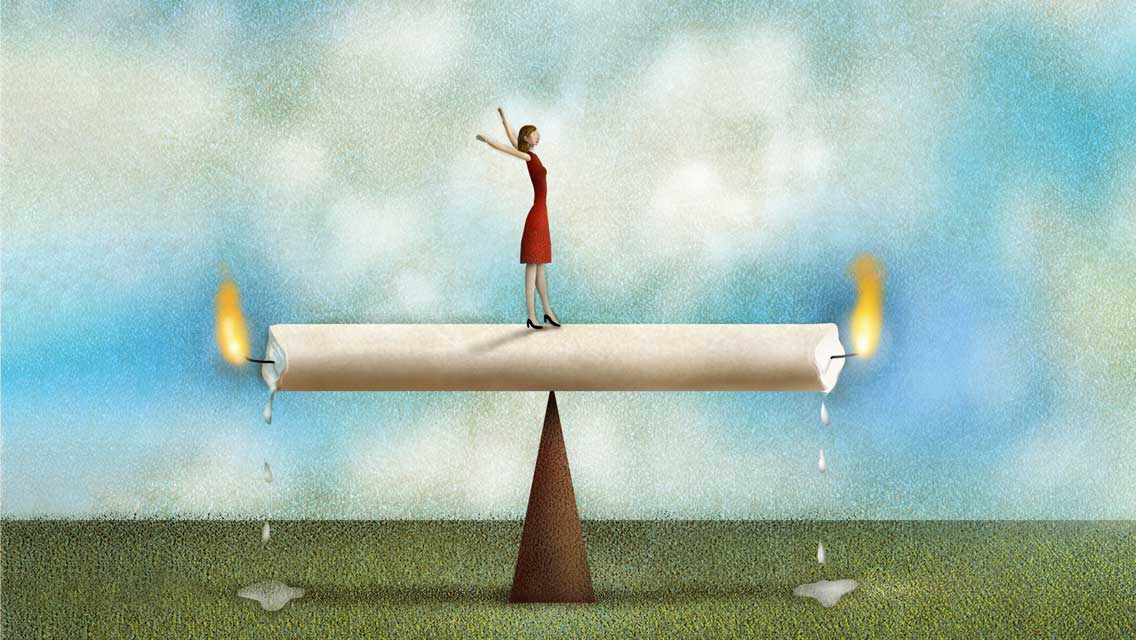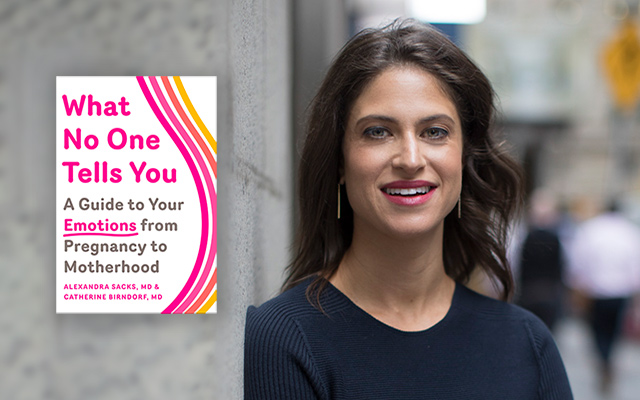Yes, women are more than twice as likely as men to suffer from stress and anxiety — and research suggests this gap is growing.
Politics was No. 1 on everyone’s stress meter, followed by personal-safety concerns, in a 2017 survey by the American Psychological Association (APA). But several studies have found that women experience dramatically more stress due to domestic work and “emotional labor.”
Worldwide, women perform nearly three times as much domestic work as men, according to a 2018 United Nations report. This labor is usually unpaid and often taken for granted, even though it is typically as strenuous as paid employment. Women do this even as their duties outside the home have increased.
Emotional labor is more tenuous to define and measure. Researchers have described it as “putting on a happy face” in the family or workplace, and this “surface acting” can be a damaging stressor, according to a 2013 report in the journal Personnel Psychology.
Stress and anxiety can, of course, affect overall well-being. “We know that chronic stress can take a toll on a person’s health,” explains psychologist Katherine Nordal, PhD, in the APA report. “It can make existing health problems worse and even cause disease, either because of changes in the body or bad habits people develop to cope with stress.
“The bottom line is that stress can lead to real physical and emotional health consequences.”
3 Ways to Manage Stress
- Know your stressors. Understanding what causes your stress is often a first step to dealing with it. For insights into stress triggers, see “Reset Your Stress.”
- Embrace self-care. Take care of yourself by prioritizing sleep, eating a healthy diet, and exercising daily. For tips on self-care, see “The Art of Self-Care.”
- Find support. We all can use help — whether from a friend, family member, or professional — when dealing with the burden of stress. “The role that a lack of social support plays in a person’s health is often underestimated,” explains psychologist Katherine Nordal, PhD. For tips on selecting a therapist or coach, see “Which Is Right for You: A Therapist or a Coach?.”
This originally appeared as “The Stress Gap” in the June 2019 print issue of Experience Life.




This Post Has 0 Comments